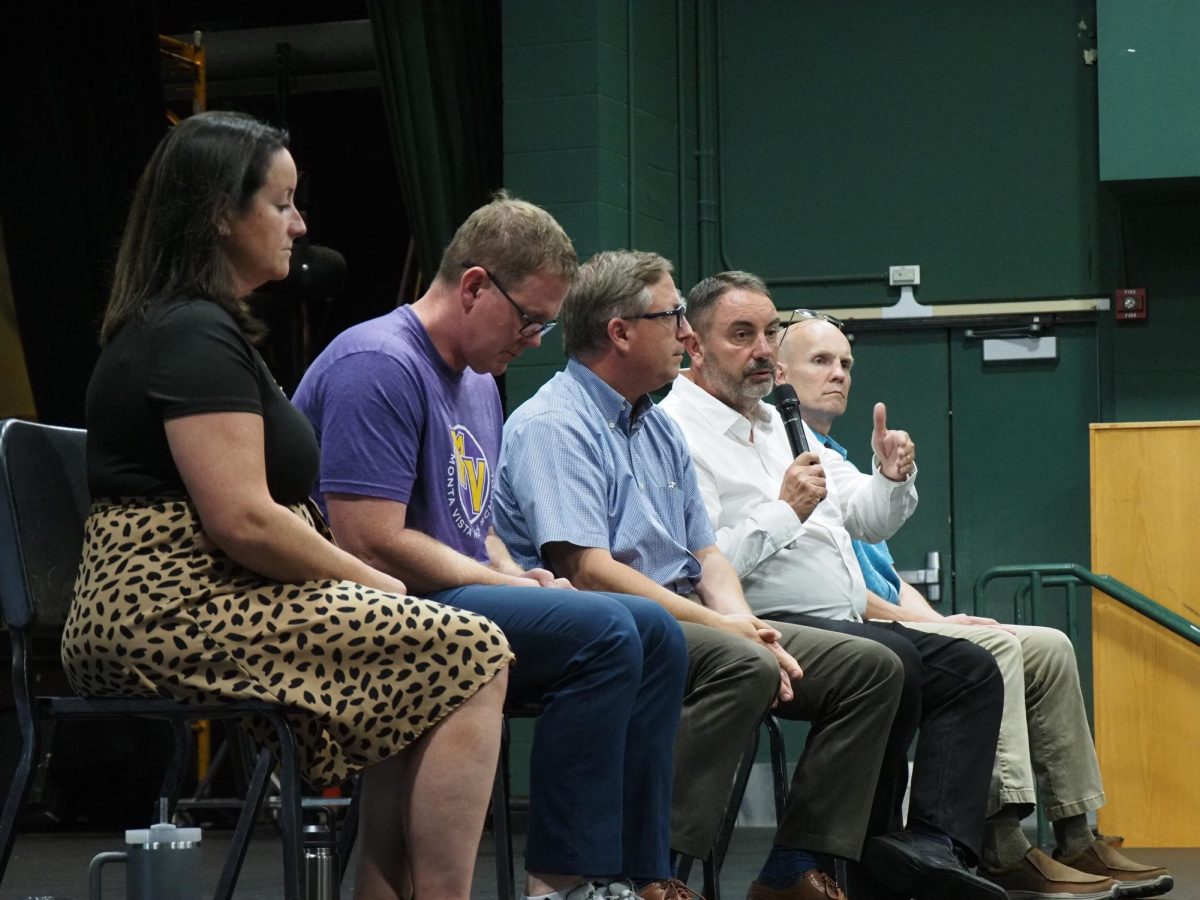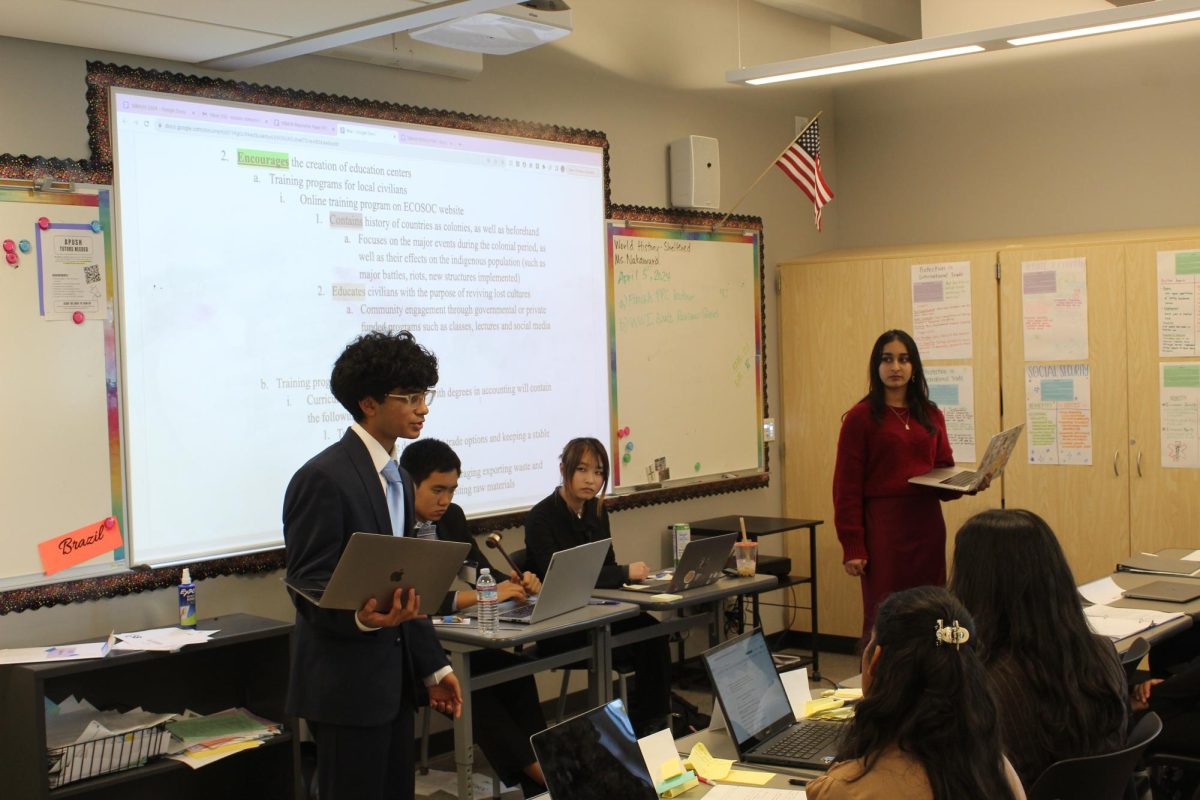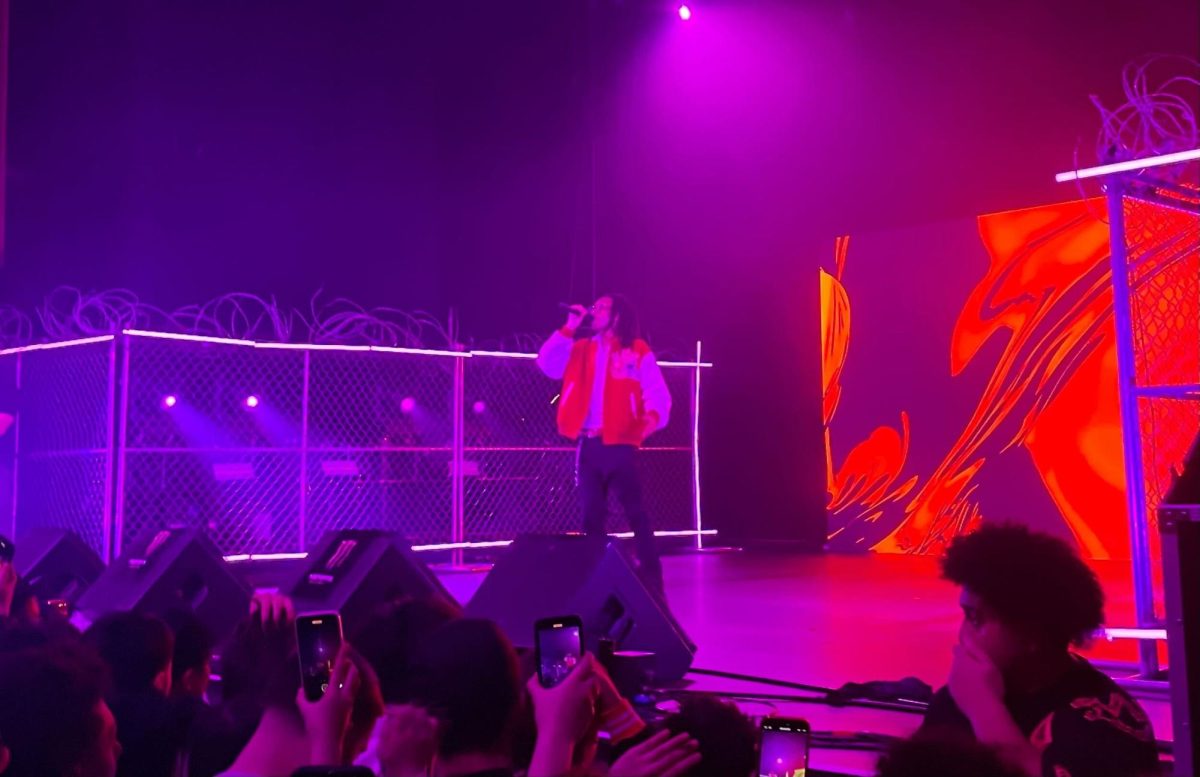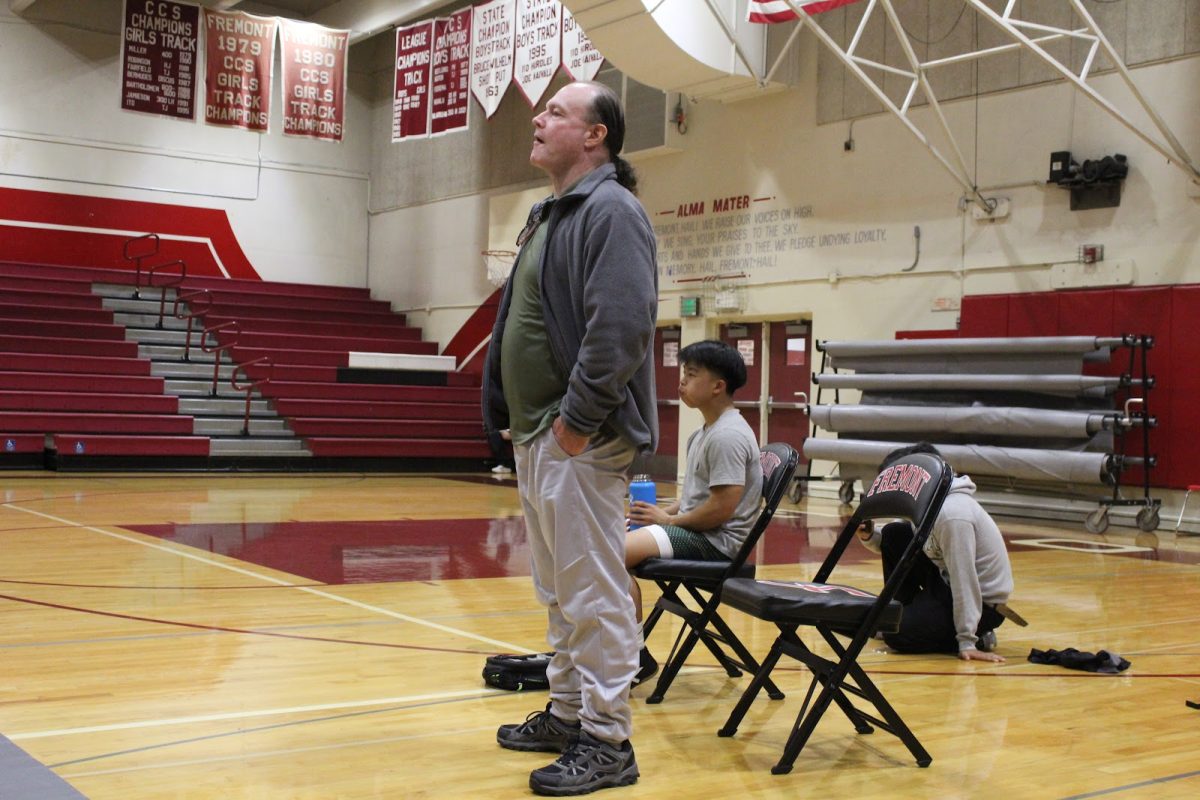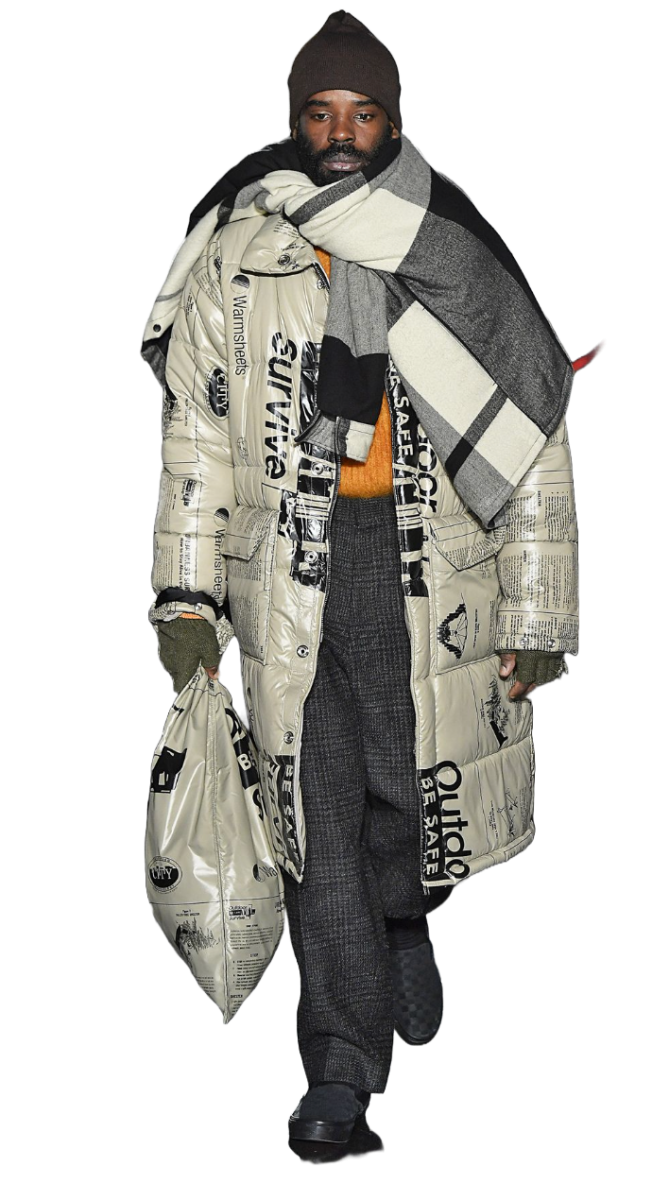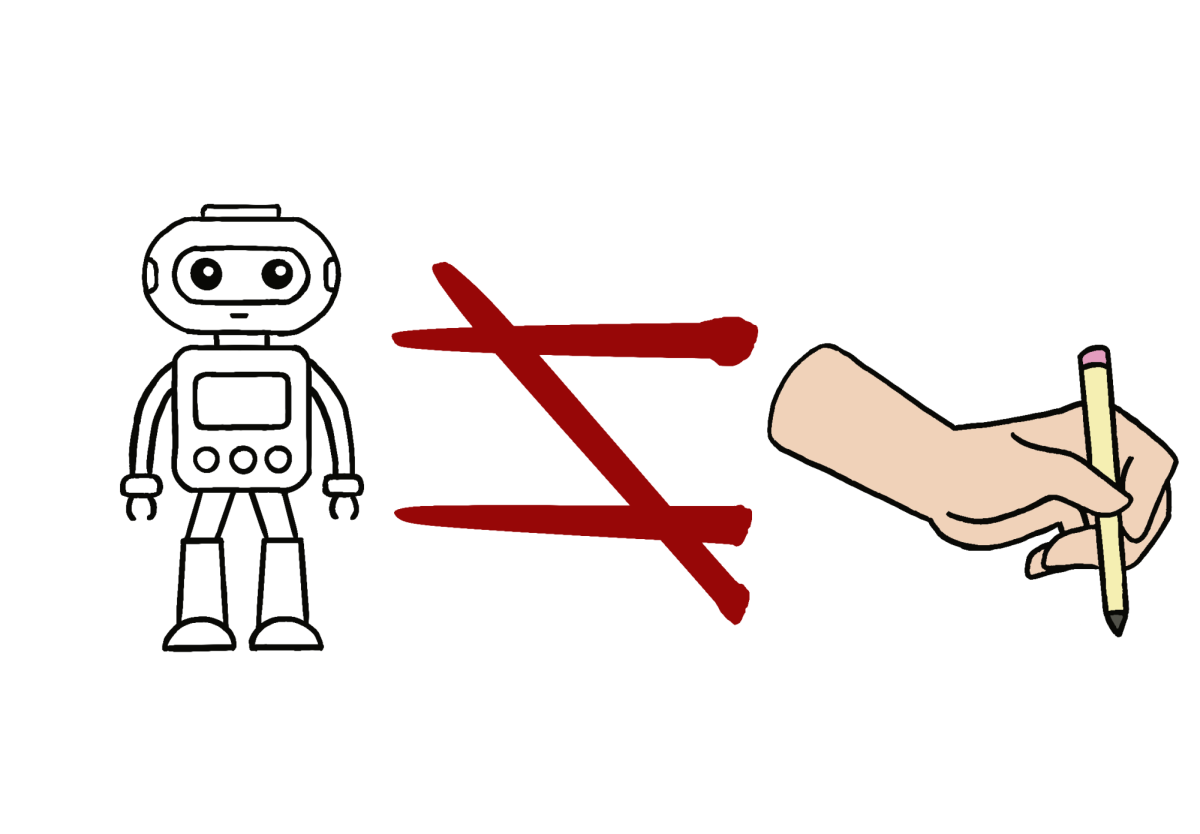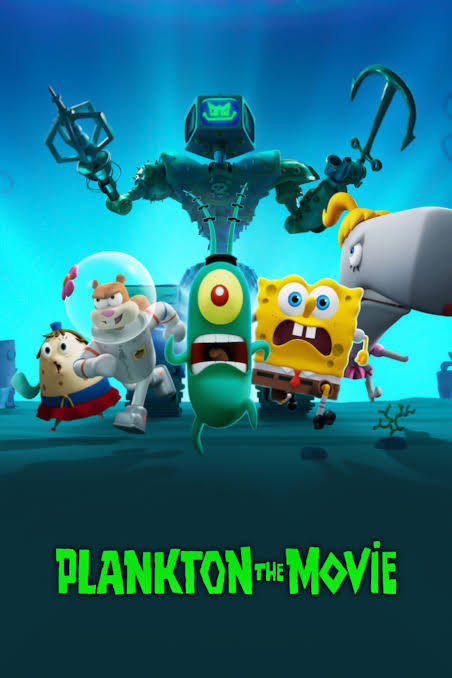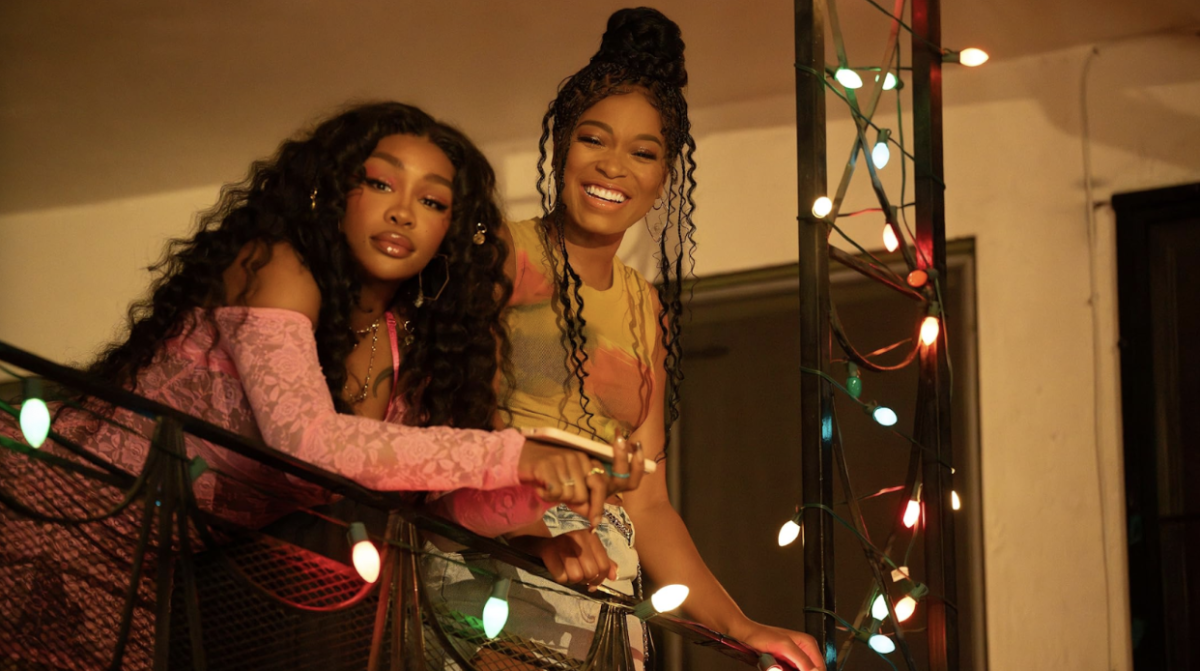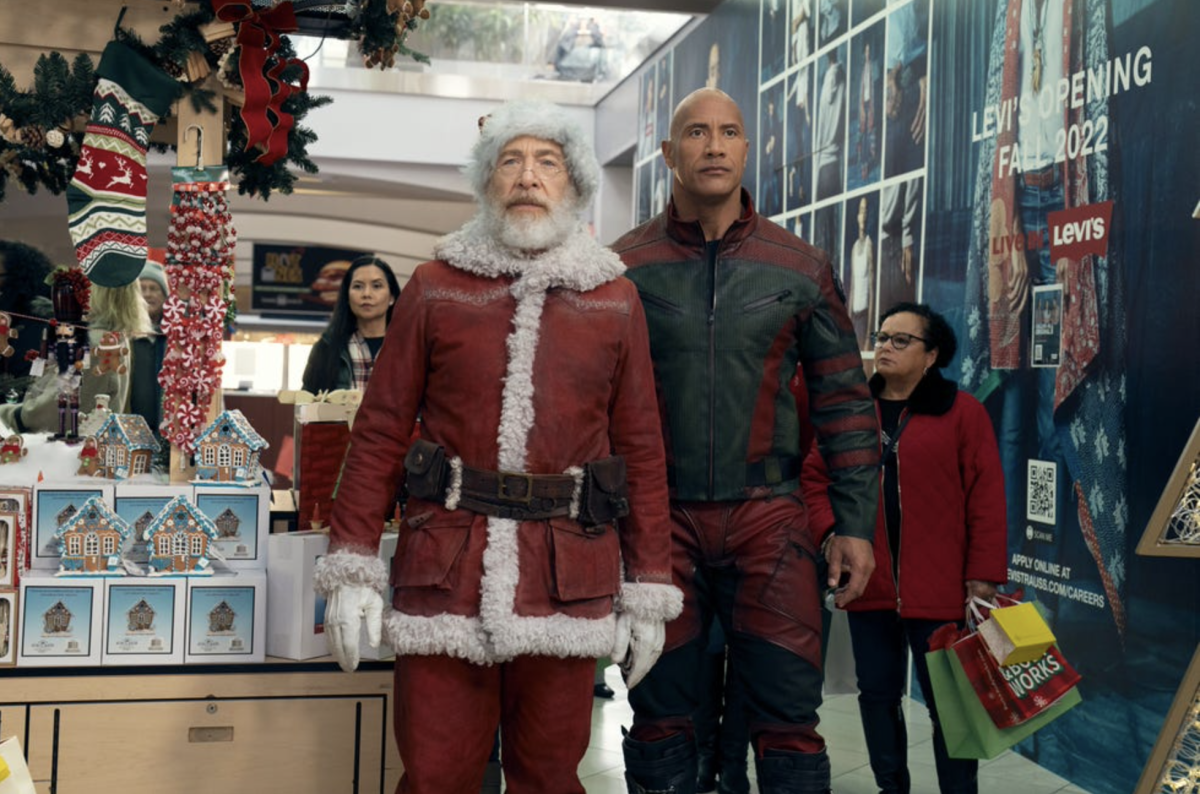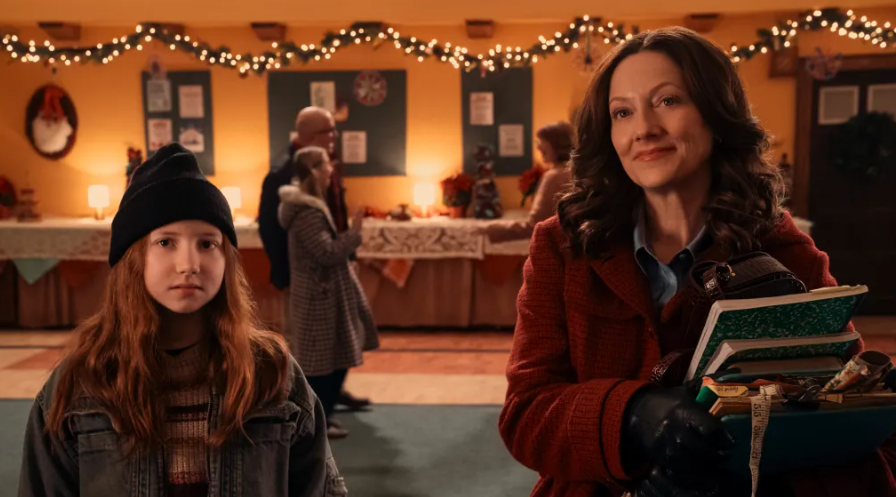To be free from responsibility, to be completely unbound from the bonds of society: that is to live like Bruno Sulak, the infamous real-life French robber known for his painless robberies, confidence and friendly charm.
“Freedom” released on Nov. 1 in the United States, is an Italian thriller-romance biopic about Sulak, played by Lucas Bravo. The movie charts his thrilling yet tumultuous romance with Annie Bragnier, played by Léa Luce Busato, who is torn between her love for Sulak and her desire to settle down.
The film opens with one of Sulak’s famous grocery store heists, orchestrated to cinematic perfection. Bragnier waits as the getaway driver, smiling as Sulak and his friend Drago, played by Steve Tientcheu, rob the grocery store.
The scene is extremely well done: the way the script shows the characters interacting with each other does a great job at not just telling the audience about the group’s chemistry and charm, but instead showing the audience their connection through well-written dialogue.
The opening is fittingly accompanied by Yazoo’s single “Don’t Go,” an iconic British ‘80s pop hit that tells the story of an addictive love a woman feels towards a killer. This parallels the romance of Bragnier and Sulak, as throughout the movie she is split between her love for Sulak and the fear that his addiction to burglary will place them both behind bars.
The meat of the movie comes through the relationship between Sulak and Georges Moréas, played by Yvan Attal, the French police officer in charge of bringing Sulak to justice. Their relationship goes far beyond that of cop and robber, instead acting as an allegory for what it means to be truly free.
Throughout the movie, Sulak explains to Moréas why he lives his life on the run. When Moréas asks Sulak if he ever just wishes he was free to live without constantly being in between prisons and hideouts, Sulak flips the question. He says the true prison is not the concrete walls they try to hold him behind, but the suffocating constraints of society.
This point Sulak raises deeply resonated with me, and although his logic may be slightly naive, it is still very compelling. Sulak would sooner wrap a rope around his neck than subject himself to the gallows of societal expectation he sees the world hanging itself from.
“Freedom” shows Sulak’s crimes not as a manifestation of greed or desperation, but rather as the pursuit of sticking it to the rich, constantly reminding bystanders that “it isn’t their money.” His moral code is not tied to helping others, but rather to hurting large corporations he sees as responsible for the restrictions he wants freedom from.
“Freedom” is a visceral experience that blends troubled love with a violent desire for liberation from society. Sulak’s journey for emancipation, embedded in a deeply complex and passionate love story, immersed me.
I come into movies like this looking to be inspired or shaken, and Sulak does not disappoint. His message goes far beyond his heist, and although naive it brings up a valid point surrounding the bitterness of society and a route out of it.





